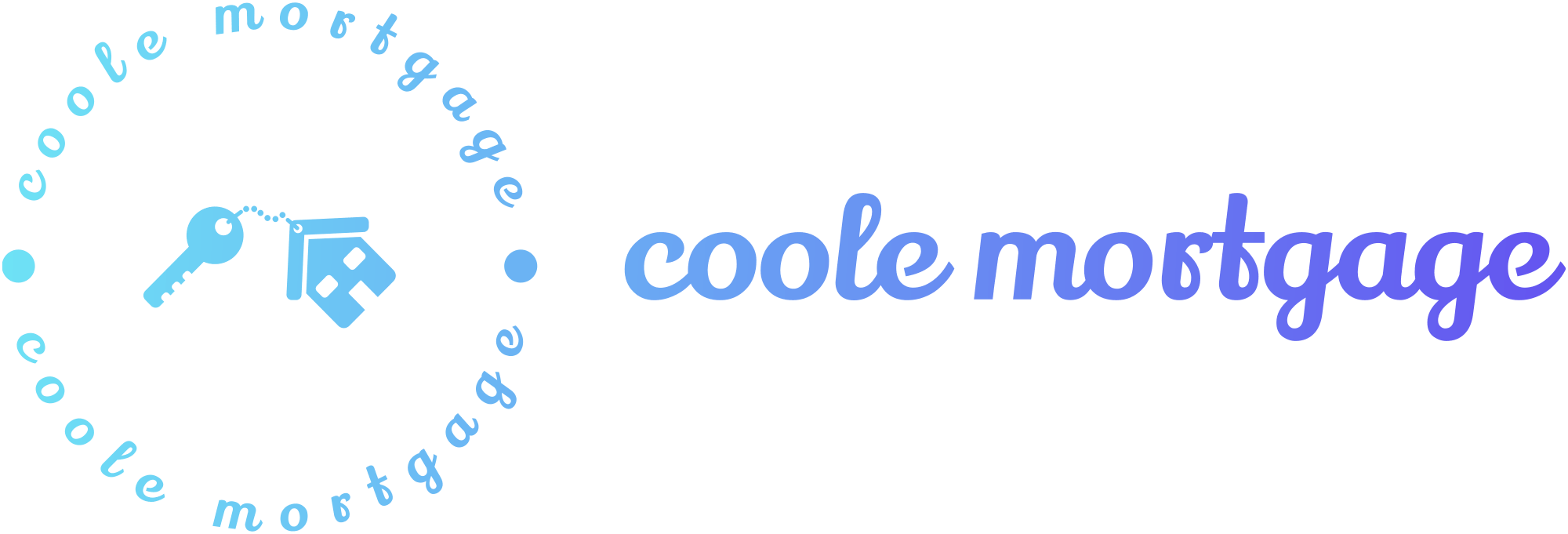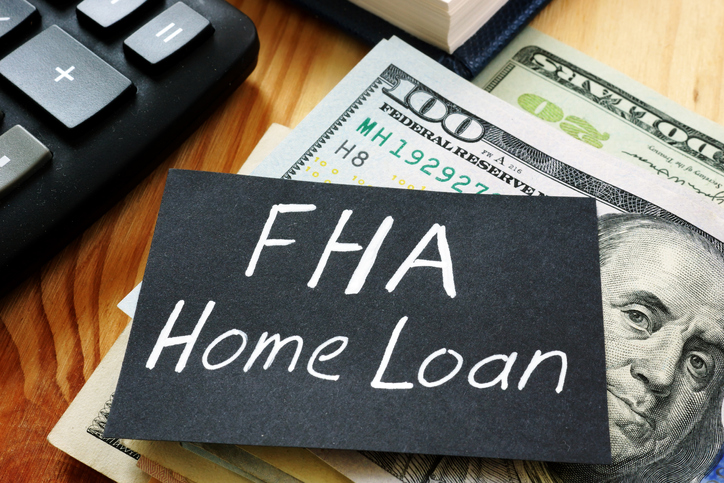Closing Costs for FHA Loans
When navigating the path to homeownership, securing an FHA loan represents a pivotal step for many, especially those who value the loan’s lower down payment and more flexible credit requirements.
However, a crucial aspect of this journey involves understanding and preparing for the closing costs associated with FHA loans.
These costs, comprising various fees and expenses required to finalize your mortgage, can significantly impact the overall affordability and budgeting for your new home.
Generally, closing costs amount to approximately 3% to 5% of the home’s purchase price.
Specifics of FHA Loan Closing Costs
When you choose an FHA loan for your home purchase, you’ll encounter various closing costs. These fees are critical to finalize your loan and transfer the property into your name.
While some costs are common to all mortgage loans, FHA loans have unique fees that can affect your total expenses. Understanding these specifics can help you budget more accurately and avoid surprises during the closing process.
Below, we delve into the closing costs you’re likely to face with an FHA loan, providing a clear breakdown of each.
Upfront Mortgage Insurance Premium (UFMIP)
- Definition: An upfront fee charged by lenders to insure the loan with the Federal Housing Administration. This insurance protects lenders against losses if the borrower defaults on the loan.
- Cost: The UFMIP is typically 1.5% of your loan amount. For example, on a $200,000 loan, the UFMIP would be $3,500.
- Payment: This fee can be paid at closing or rolled into your loan amount, allowing you to finance it over the life of the loan.
Annual Mortgage Insurance Premium (MIP)
- Definition: In addition to the UFMIP, FHA loans require an ongoing mortgage insurance premium, calculated annually but paid monthly.
- Cost: The annual MIP rate varies based on the loan term, loan amount, and initial loan-to-value ratio (LTV), ranging from 0.45% to 1.05% of the loan amount per year.
- Duration: For loans with an initial LTV of 90% or less, MIP is required for 11 years. For loans with an initial LTV greater than 90%, MIP is required for the entire loan term.
Appraisal and Inspection Fees
- Definition: FHA loans require a property appraisal from an FHA-approved appraiser to determine the home’s value and ensure it meets health and safety standards.
- Cost: Appraisal fees vary by location and property type but generally range from $500 to $800. Additional inspections, such as termite inspections, may also be required, depending on the property and location.
Other Closing Costs
- Title Search and Title Insurance: These fees cover the cost of examining public records to confirm the property’s rightful ownership and obtaining insurance to protect against future claims against the property.
- Origination Fees: Charged by the lender for processing the loan application. This fee ranges from 1% to 2% of the loan amount.
- Credit Report Fee: A small fee to cover the cost of pulling your credit report. Usually under $50.
- Attorney Fees, Recording Fees, and Transfer Taxes: These vary by state and locality and cover the legal, document recording, and government tax aspects of the transaction.
- Escrow fees: These are fees charged by the escrow company to facilitate the closing of the home sale, acting as a neutral third party to handle the transfer of funds and documents. Escrow fees can vary greatly depending on the escrow company and the complexity of the transaction.
Typical FHA Closing Cost Range
FHA closing costs typically range from 3% to 5% of the loan amount. This means, for a $200,000 loan, you could expect to pay between $4,000 and $12,000 in closing costs. These costs are in addition to the down payment requirement of as low as 3.5% for FHA loans.
Can FHA Loan Closing Costs Be Rolled Into The Loan?
Yes, certain FHA loan closing costs can be rolled into the loan, but this option is primarily limited to the FHA Upfront Mortgage Insurance Premium (UFMIP). The UFMIP is a mandatory fee for all FHA loans, typically amounting to 1.75% of the loan amount. Borrowers have the option to finance this fee by adding it to the total loan amount, rather than paying it out of pocket at closing. This increases the total amount borrowed and, as a result, the overall loan balance and monthly mortgage payment.
However, most other closing costs associated with FHA loans, such as lender fees, appraisal and inspection fees, title insurance, and government recording charges, cannot be rolled into the loan amount. These costs need to be paid at the time of closing.
Can closing costs be paid with a credit card?
Typically, closing costs in a real estate transaction cannot be paid directly with a credit card. Closing costs encompass various fees associated with purchasing or refinancing a property, such as appraisal fees, title insurance, attorney fees, and loan origination fees. These costs usually need to be paid by wire transfer or cashier’s check at the time of closing.
However, there are some indirect methods through which parts of your closing costs could potentially be covered using a credit card. For example, you might be able to pay some service providers (like a home inspector or an appraiser) with a credit card if they allow it. But for the bulk of closing costs directly related to the mortgage and property transfer process, lenders and title companies generally do not accept credit card payments due to the fees associated with processing credit card transactions and the risk of chargebacks.
There are also creative financial maneuvers some buyers might consider, such as taking a cash advance from a credit card to cover closing costs, but this is usually not advisable due to high-interest rates and fees associated with cash advances, which can significantly increase the overall cost. Also the debt increase associated with a cash advance could potentially cause problems with your loan.
If you are considering using a credit card to assist with closing costs, discuss with your loan officer first. Make sure it won’t affect your loan approval.
How to lower FHA closing costs
Lowering FHA closing costs can make purchasing a home more affordable.
Here are some strategies to potentially reduce these expenses:
1. Negotiate with the Seller for Concessions
- Seller concessions involve negotiations where the seller agrees to cover a part or all of your closing expenses. This tactic is especially useful in buyer’s markets, where sellers may be more eager to finalize the sale. During negotiations, you can request that the seller pays for particular closing costs, including escrow or attorney fees. Additionally, you might propose that the seller pays for all of your closing costs. However, whether a seller agrees to these concessions will depend on their willingness and the specifics of the deal.
2. Ask for Lender Credits
- Lender credits involve accepting a higher interest rate on your loan in exchange for lower upfront closing costs. This can be a worthwhile trade-off if you plan on refinancing in the future or if you need to minimize your cash outlay at closing.
3. Close at the End of the Month
- Closing at the end of the month can reduce the amount of prepaid interest you’ll need to pay. Mortgage interest is paid in arrears, and by closing later in the month, you minimize the interest due until the first full month of your mortgage begins.





